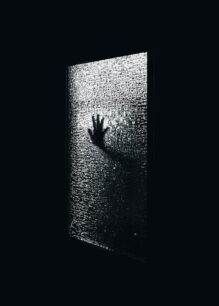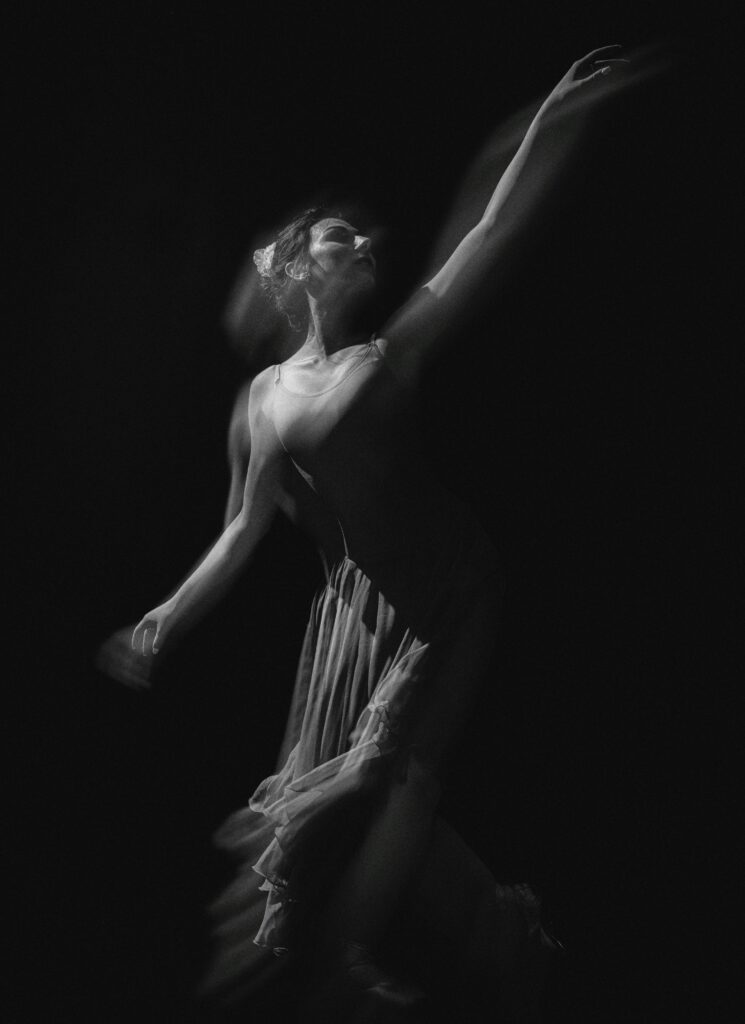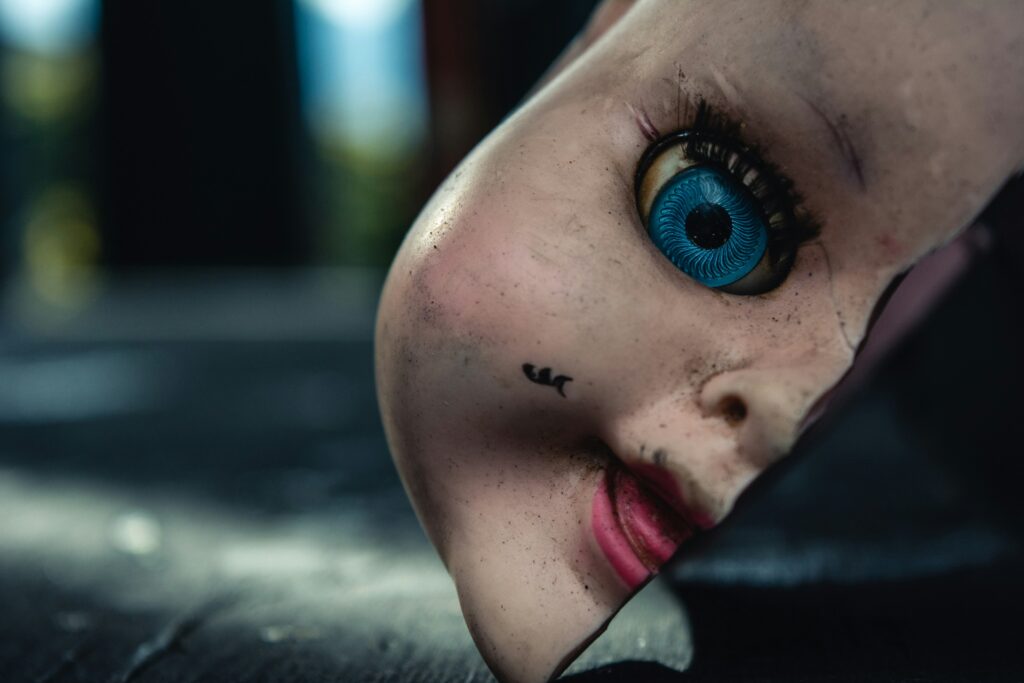Little Auschwitz
Emma Wells, January 22, 2024
Dark memories paint her mind as unwanted doctrines. A pure spirit but lost, damaged in so many complicated, fractious ways. A thwarted life trapped and held, much too tightly, by oppressors of the most dangerous calibre.
Nazis.
Monsters of the night. Monsters of the day. Monsters of the very fabric of stitched life itself. Malevolence etched into their spinal cords, dripping from nerve endings.
They drove themselves, hellbent, into the pleasing tapestry of her once reassuring days. Those days are now depleted, fraying at edges as yellowed newspaper pages that blow as tumbleweed in abandoned, grieving pathways and echoic hills.
Now, faded, striped sleeves, ravenously torn in the breeze, are her only semblance of protection. Her shrinking world is now an unstitched womb or upturned nest, offering no fledgling down to nestle within, whistling away existence. A space to curl her essence amongst is missing – all too pointedly. No resting place of oblivion presents itself or has done for many decades.
Until she spots a familiar Polish mansion, resting languidly in dejection, amid countryside expanses. Razored tendrils ripple, enticingly, at haunted doorways.
A prior home.
A sacred safe haven of familial bonds, formed by liquid love; a love that ebbed and flowed as honeysuckle, but now is deadened. Gone. Gone forever. Irrevocably depleted as blown dandelion heads, torn to floating vapours by angry tidal winds.
Charcoal spiderwebs now spin inside her hollowing mind, desperately endeavouring to hold onto humane figments of life before her capture. Before the destruction. Before the carnage of male dictators who ruled with tight fists and clenched teeth. Before Auschwitz and its almighty destruction bore its heavy stamp of doom upon all that she held dear.
Returning to her home, is a turbulent journey. A spiritual rekindling of place and soul is what she prayed so ardently for, but on returning, all is disjointed like insecure carpentry work where floorboards swivel beneath intrepid, unsure feet as they traverse known but ghastly quarters.
At securing her home within her grey-washed eye-line, she stands waif-like, at the end of the ghostly drive. A semblance of childlike essence jaggedly returns. Her spirit, enamoured by memories of infantile play within the front gardens, reaches back in time, securing the dawning crescent moons of her siblings. Rosa and Frederick skip in gleeful abandon in her mind’s eye, stretching to inky edges, that fold and blur as cataracts upon aging vision.
Blue cornflowers once caressed her curious hands here as she sauntered on blissfully warm Sunday afternoons in May, touching their upturned faces to the rising sun. Instinctively, at the spur of this memory, her hand reaches out, fumbling to find a lost childhood: a fuller sense of its being. Hollowing, she realises, that much is changed, spotting rusted tin cups that her, and her siblings had painted blue to match the cornflowers – now bleeding rusty tears along the edges. Beside one, is a leaden soldier, its face marred by weathering. Frederick’s.
Her family home is now a ghost of itself.
She is a ghost of herself.
At Auschwitz, she was referred to as “Little Auschwitz” by the SS officers, perhaps a twisted sense of endearment in the name. She let it erase her true name, becoming bloodless. Unthinking.
Even her sacred memories are transient, fraying in time’s twirling clutch, dusted with charcoal flecks of destructive menace.
The reception hall greets her next as she stands gazing into smeared, forgotten windows of her family abode. She feels like a bronze statue peering into a past life, motionless and stunned like Medusa’s victims. Her vapoury limbs contort, stalling her into inaction. The thought of returning is a reality after decades: a struggling soul yearning to break free, beyond Auschwitz’s curtailing barbed wire.
Intent to allow this hoped-for moment to unfurl itself, everyday occurrences struggle their climb back to her. Visions of once servants catering to their noble employers: her parents, begin to surface from gloomy depths.
Her parents.
Both were very rich and accomplished Jews, who chose to reside in Polish fields that were once fresh and libertine, flying as larks in full soar upon fragrant breaths of life. They flourished here. Academics. Financially secure. An expansive family. All flourished here.
Until: them.
Willingly, through previously forced entry, by torturous iron hands believing in Nazi ideology, the door handle hangs miserably: a leaden tear to her touch. Its chill courses fear-driven adrenaline through her whispery chimera as she intrepidly steps into her former home, now a shadow of its prior glory. Cobwebs, leagues of them, hang in dejected corners, whilst below each cornice, paint flecks coat the stony parquet floor. Its black and white chequered design, barely visible through the detritus of leaves and shrubs that vein throughout the reception passageways, forming an arterial network that reaches to the top of the house, encapsulating every palatial floor within its verdant, expanding web.
Her home is now occupied by nature – not the Nazis. There is a small sense of justice in this, she muses, whilst her spectral feet route for an anchorage to tether her. She is a happy prisoner – obligingly falling into its captor’s arms of crumbling mortar.
One particularly large onyx spider distills her vision, as she catches movement from the corner of her left eye. Beady eyes penetrate her own, communicating a macabre message that only she can decipher.
Explore, she decides, is the message from her webbed housemate. He bears no arms of faded stripes – a world that she willingly has left behind. Turning clogs of Auschwitz: its deathly showers; starvation and barbaric beatings; glimmer all too hotly in red flare warning as she struggles to keep her mind on the present, and apart from, the hellish years spent under Nazi jurisdiction.
Corrupt fangs of power held her fast, drained her dry of childhood, and its benign nuances of growth, education, and play. In their absence, she was filled with dire cruelty, separated from her family, and made to work in dusty warehouses, searching for gems, money, and valuable trinkets through mountainous tides of Jewish possessions. She was directed to work within the women’s sorting hut as their bodies lay burning only a few yards away. Slaughtered but far from forgotten. Her job was to run her tiny fingers along each seam of clothing to check for any hidden worth. She mostly found jewellery and money, sometimes dollars or diamonds. All findings were quickly retrieved under omniscient Nazi eyes and handed to The Third Reich: money to support the so-called Nazi war effort. A further insult to her ethnicity and humanism. Indeed, the search for monetary gain from victims, another gut-wrenching blow against humanity and its collective beating heart.
So many SS, under Himmler’s corrupt orders, took much for themselves, stealing heartlessly from the dead. Yet, far worse, than any of the crimes that she can recall, was the finding of identification papers belonging to her Jewish brethren. This was, undoubtedly, the utter pit of despair: photographs of loved ones. Husbands, wives, fathers, mothers, daughters, and sons that would no longer rekindle with each other. As a coping strategy, she refused to look at them, pretending instead that nothing had been unearthed in front of the gloating SS officials.
Trailing spectral hands over the ascending banister, she glides to her former bedroom. A room she never believed to lay eyes upon again whilst trapped within the death camp. A room filled with childhood motes beckons – it has been patiently awaiting her belated arrival. Dust-soaked toys await her, hanging sorrowful heads as the weight of changing times press too firmly upon them. Dolls, soldiers, and teddy bears all wear marks of woe; eyes flecked with despairing empathy.
All here is shadow and dust.
Reaching out, she lays intangible hands above her old hairbrush that lies forlornly upon a moth-eaten dressing table. As she sits upon the stool, she is a silhouette, and silhouette only, before the fractured display of the mirror. The physical child is long gone, now replaced by a chimera of a young woman, yet anything but blooming to fruition in what should have been her prime years. Muted daylight enshrouds her form, as a thwarted angel, sent back to earth to scourge for meaning – fumbling for a sense of security from the human world. Her stubbled, roughly shorn head reflects back at her from the thwarted mirror pane, and in this moment, a held stopping of time occurs.
All stops.
Minutes tick hands sluggishly past, as it dawns upon her, that she is evidently no longer in need of a hairbrush, nor the delicate diamanté clips that litter her dressing table, curdled by Time’s lengthening shadows. Afore glistening gems are presently glooming shrouds, barely ignite in a changing, but recovery clime from the malevolence of World War Two. With an outstretched finger, she gently caresses a butterfly adornment trapped perpetually on her jewellery box. Its iron wings mirror her leaden soul.
The bedrooms of her siblings offer parallel sightings as of her own room – lost spaces longing for life to return. A perpetually stilled rocking horse within Rosa’s, bears glassy eyes that hold past scenes of precious childish play. Within Frederick’s, tin soldiers remain lined up in perfect formation saluting a superior of the ranks. Without hesitation, she swirls towards them, building eddying strength to swoop them to the floor. Their military exactness reminds her far too much of Nazi soldiers. This house is not a place of warlike toys – not anymore.
As she climbs the second staircase, an open book rests on the top stair. She remembers, now, that this is where one of the Nazi officers found her. His dirty beard and empty eyes have never left her, sinking impressionable scars of detachment from all that was cherished. The pages of Hansel and Gretel are torn, trodden brutally underfoot by one of Hitler’s non-thinking slaves; the spine bruised under the formidable ache of his deadened hobnail boot. It is a tale lost: sweets and fairytale cottages, long erased by the permanent black marker of oppression and its deathly reaches.
As she oversteps it, unable to touch its leather cover, a glimpse at the witch ready to boil the children in a cauldron, shifts to Hitler’s unmoving, unreadable face. She screws her eyes tightly, unable to bear his beastly countenance of hateful prejudice. A man responsible for the death of her family. A tyrant responsible for the deaths of an entire Jewish people. Unspeakable pain and suffering have plagued innocent Jews, gypsies, homosexuals and disabled people, due to his perverse reckoning. A devil-dealer.
Wrenching her thoughts from the previously treasured book of Andersen’s fairytales, she tries to reacquaint with her family home. After mindless wandering of the top floor, she sinks exhaustingly, into the middle of her parent’s bed, enclosing herself within a flowered coverlet that still, remarkably, holds notes of her mother’s rose perfume. Breathing it in deeply, she twists her fading form, within the gathering warmth of such a long-lost comfort.
Summoning the strength needed to close her eyes, she prays for the spirits of her loved ones to return, as she has.
“Come back to me,” she whispers, barely audible to even herself. The tiny sound quickly soaks into the fabric of the night. Forgotten.
She will wait here, expectantly, in the hope that they will one day return, donning her heart as a weighted pillow. Here, on her parent’s bed, she will sink her years of thoughts and non-erasable memories. They begin to soak as tears into bath water, lulling her to a dreamy realm of sleep.
Here, with time, the magic of make-belief dares to touch the fluttering corners of consciousness. In certain lights, and at the rising of the sun, she learns to discern the silhouettes of her dearly beloved family: mother, father, sister and brother. They shimmer at the end of the driveway as happy portents – all holding hands. Never moving but present. Wanted visitors. She gazes in love and awe at their strength in arriving here, perhaps, she likes to believe, her own presence beckoned them – a call from the grave.
Unexpectedly, on a June morning, she wakes, curled as a hibernating snail within the sheets of her parent’s bed.
“Welcome home, Aloisa,” gently hushes in her ear.
“Mother!” she replies, opening her shuttered doors for eyes, embracing the return of her family that stand as protectors around the bed.
United.
Finally.
As one.
You may also like

Eyes of the Beholden
Unspoken desires linger in the shadows of a teacher's life, revealed through art
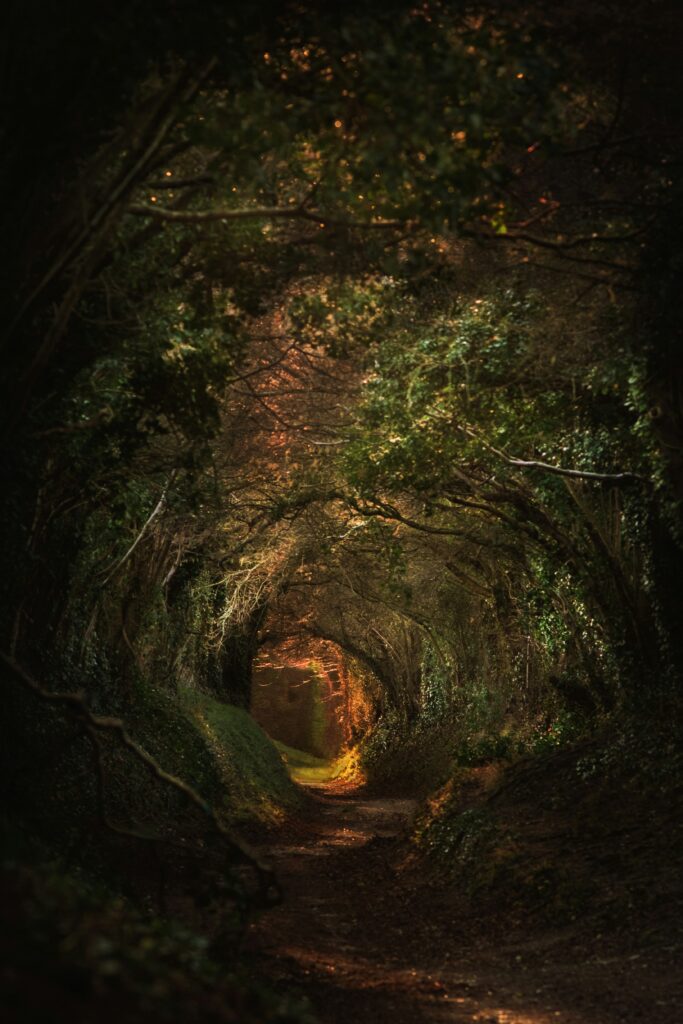
LOST
Bessie's odyssey through stormy nights, lost love, and secret graveyards unfolds with haunting beauty in "Lost" by Sandra Dennis.
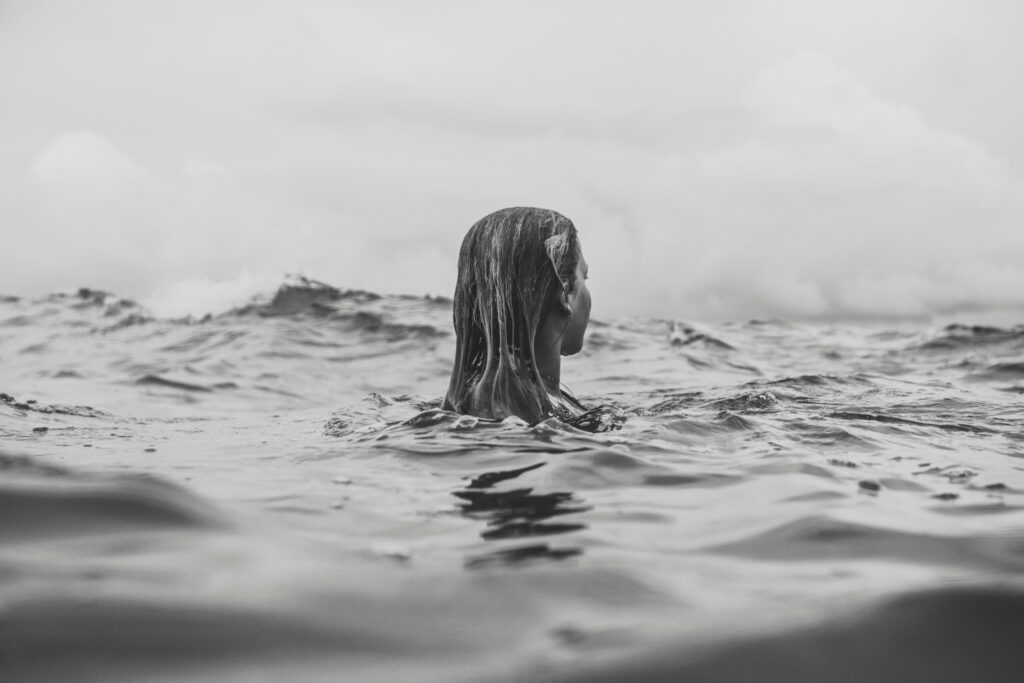
Water Rising
Amidst a flood, a woman grapples with the past, and confronts the consequences in this haunting narrative of resilience.
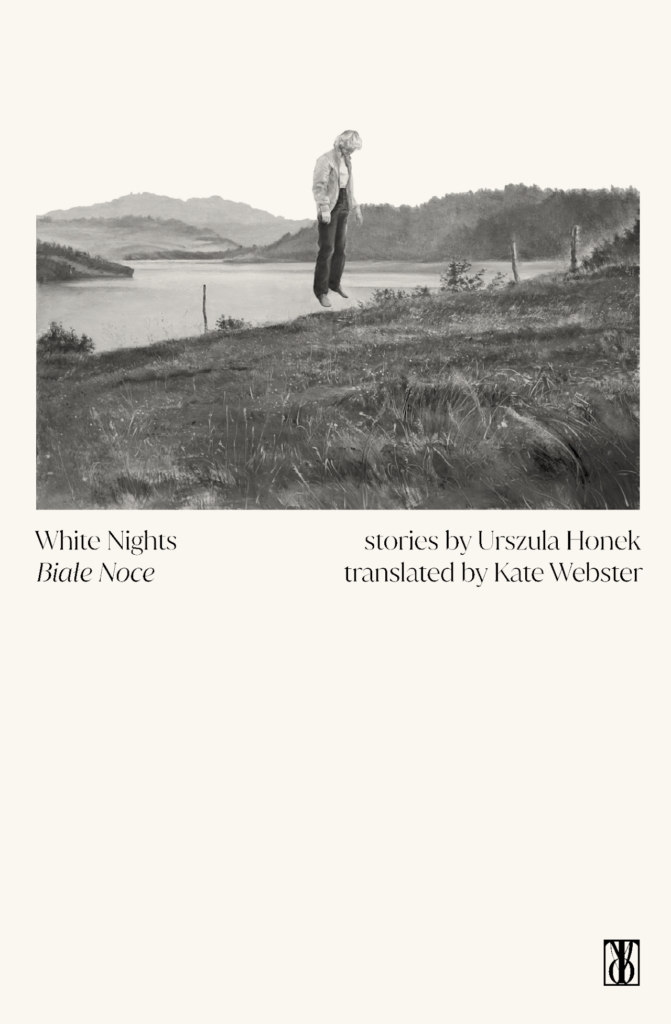
Book Review: White Nights by Urszula Honek
The debut short story from Polish writer Urszula Honek, White Nights, is akin to reading an account of a haunted place – one that is beautiful and devastating in equal
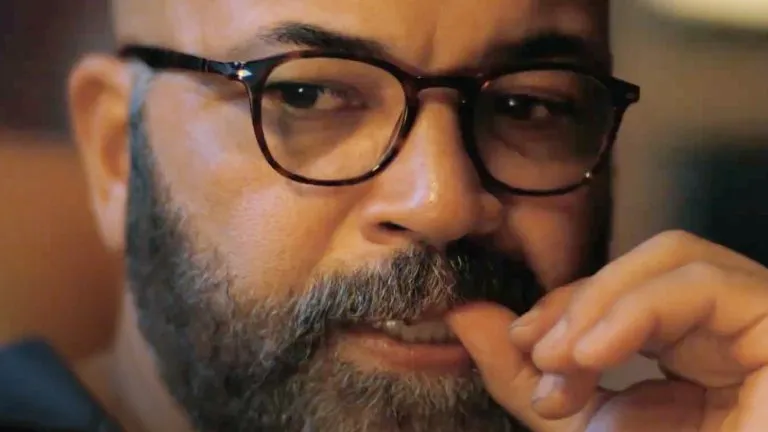
Beyond the Surface: The Multifaceted Lives of ‘American Fiction’
In essence, "American Fiction" and the experiences it draws from remind us that we are indeed more than the sum of our parts.
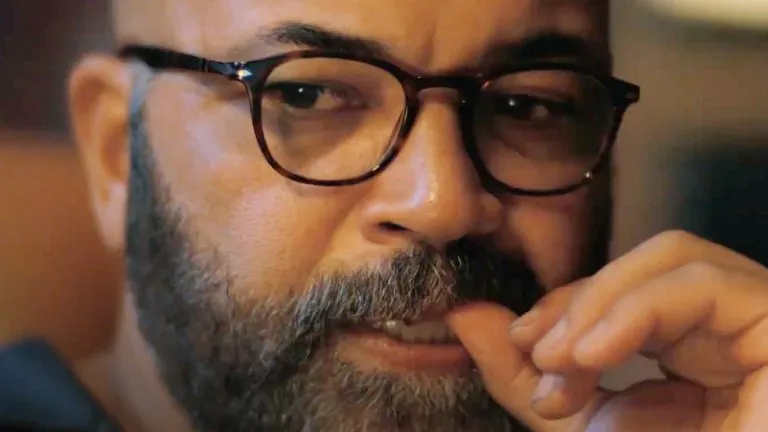
Beyond the Surface: The Multifaceted Lives of ‘American Fiction’
The narrative of “American Fiction” unfolds with a dual focus: it not only scrutinizes the unique pressures faced by Black creatives but also delves into the intricate and sometimes tense…
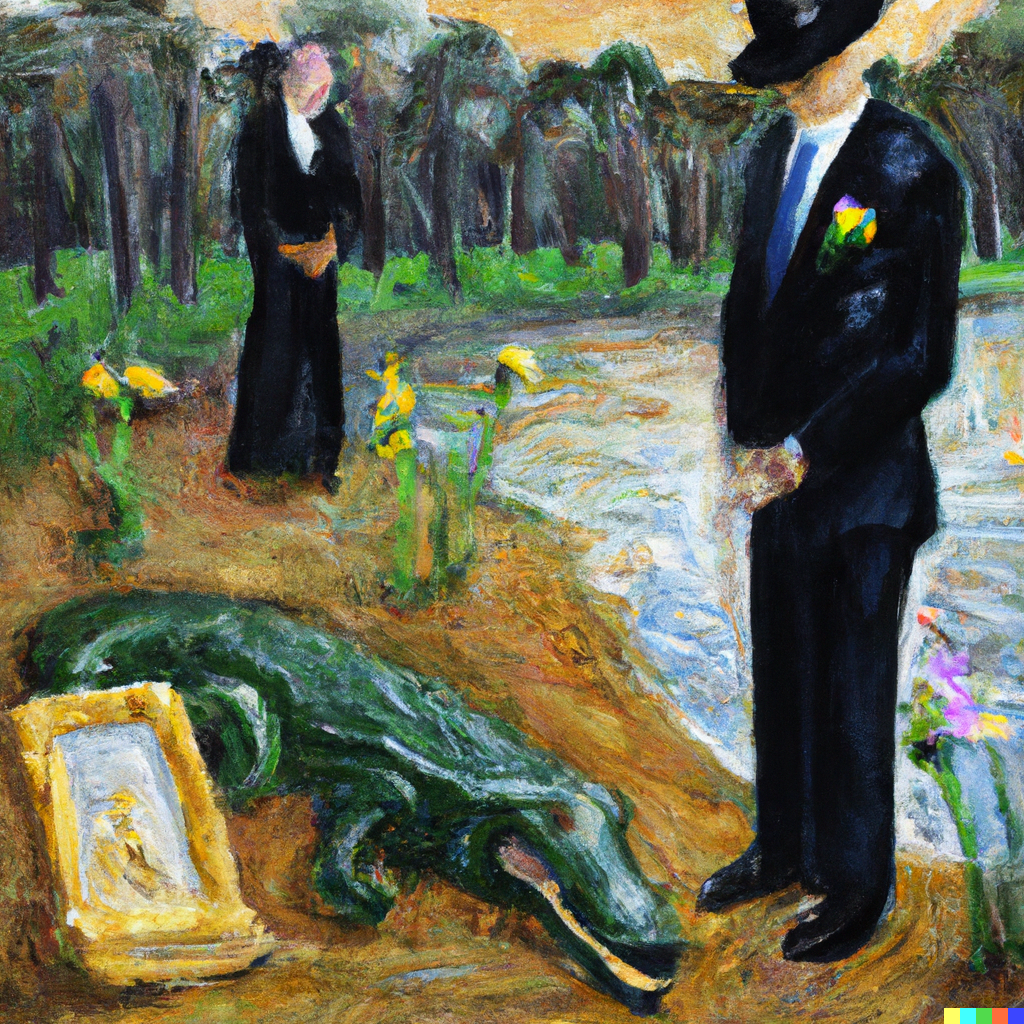
Uncle Bobby’s Funeral
Reluctant family faces the eccentricities of Uncle Bobby's funeral in swampy Chipley.




